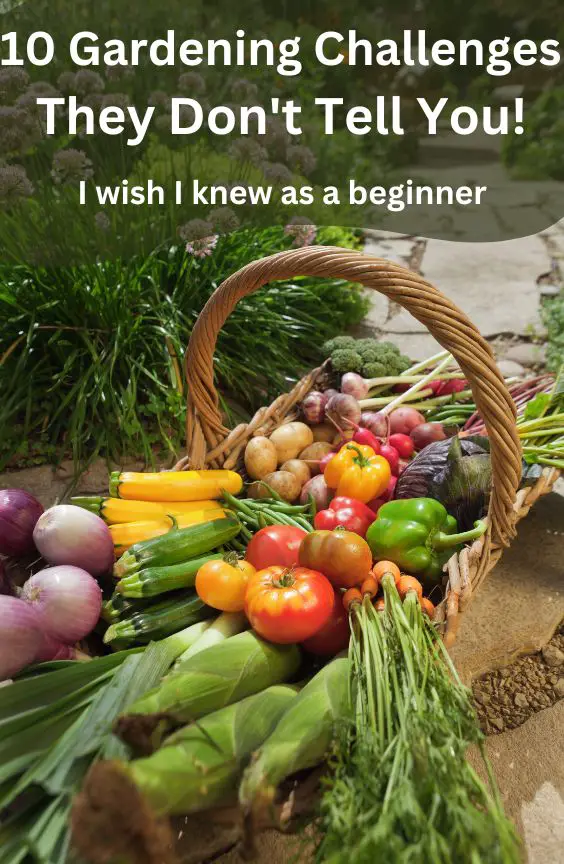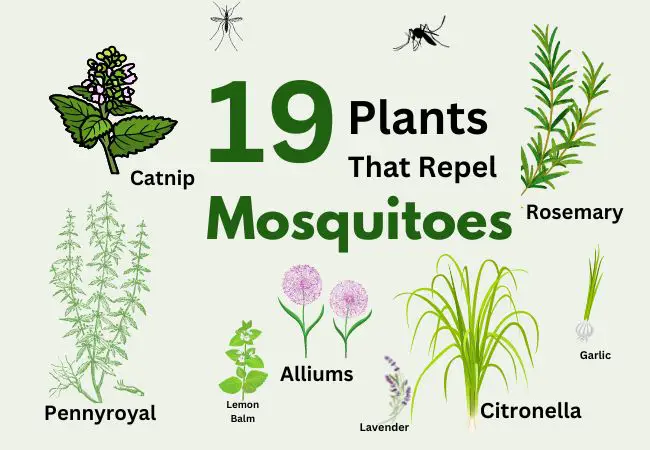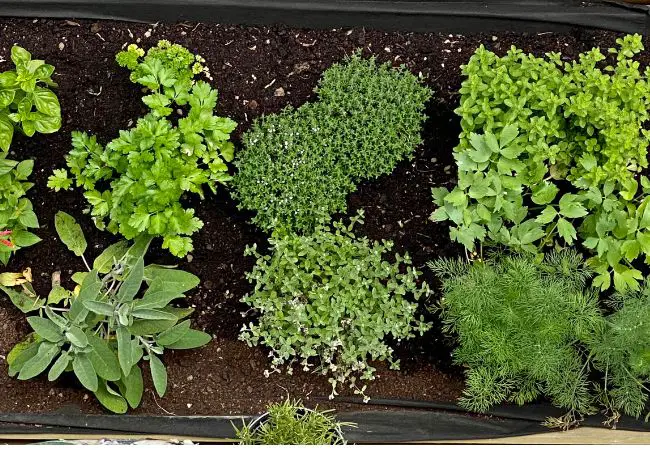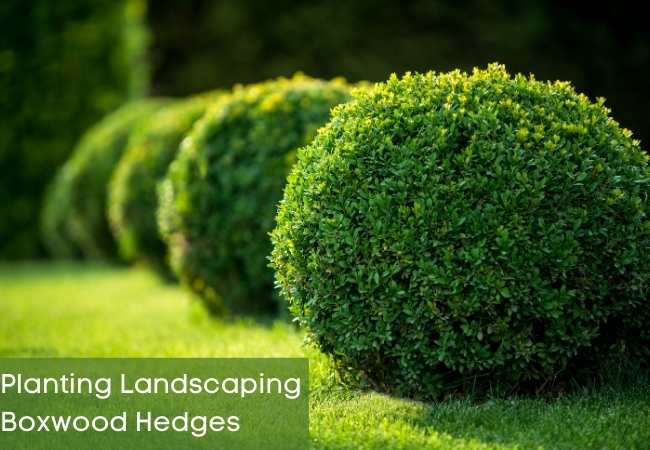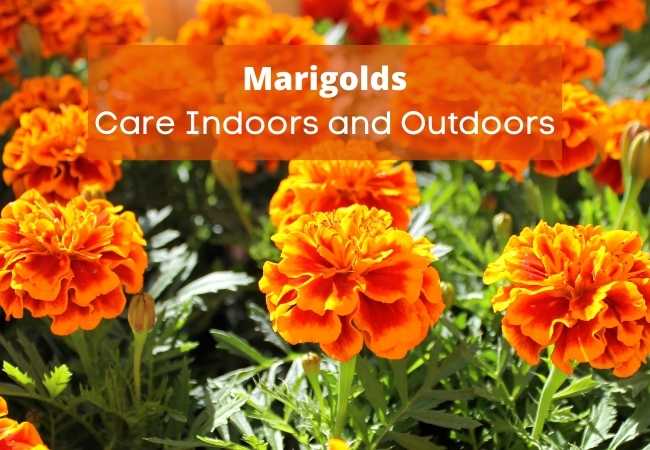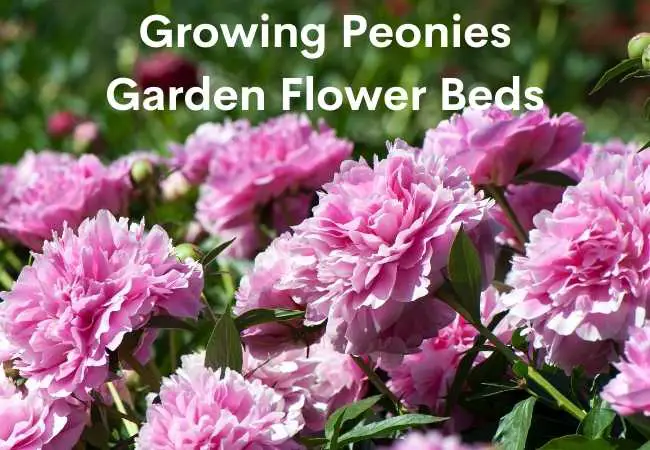10 Gardening Challenges I Wish I Knew as a Beginner
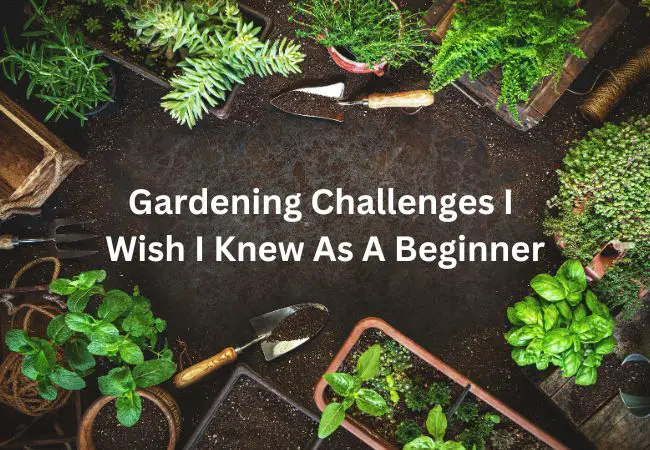
These are the gardening challenges I wish I knew as a beginner. Understanding and preparing for these challenges would have helped me set realistic expectations.
Gardening Challenges I Wish I Knew As A Beginner
Gardening is often depicted as a peaceful and rewarding hobby, but beneath the surface lies a multitude of challenges that are not commonly discussed.
In this post, I will explore ten gardening challenges that often catch beginners off guard and provide practical solutions to overcome them.
Lack of Garden Planning and Design
This is one of the biggest gardening challenges that I wish I knew as a beginner. A beautifully designed garden starts with proper planning. Many gardeners neglect this crucial step, resulting in inefficient use of space and poor plant performance.
Before starting your garden, consider factors such as available space, sunlight exposure, and soil conditions.
By taking the time to plan and design your garden, you can avoid the challenges associated with a haphazard layout and create a harmonious outdoor space.
Not only will you get the most out of the space available, but you will also have an aesthetically pleasing garden. Check out this post on 9 ways of arranging plants in a garden.
Soil Quality and Health
The quality of your soil plays a vital role in the success of your garden. Poor soil fertility or drainage issues can hinder plant growth and development.
Test your soil’s pH level and nutrient content to identify any deficiencies. Implement strategies such as adding organic matter, compost, and appropriate fertilizers to improve soil health.
Amending your soil will provide a solid foundation for your plants to thrive. Although different plants have different soil requirements, testing the soil will help you know that you are not dealing with any extremes.
Pest and Disease Management
Garden pests and diseases can quickly decimate your plants if left unchecked. Identifying common garden pests and diseases is essential to prevent and address potential outbreaks.
Implement preventive measures such as companion planting, proper spacing, and regular inspections.
Early detection and intervention through organic pest control methods can significantly reduce the impact of pests and diseases on your garden.
Also, learn the signs and symptoms of common plant pests and diseases so that you can catch them early.
Gather some information on how to destroy infected plants to avoid spreading to other plants. I had to learn this the hard way and burn some infected plants to stop the spread to my other healthy plants.
Weeds and Invasive Plants
Weeds and invasive plants can quickly take over your garden and compete with desired plant species for nutrients and space. Regular weeding is necessary to keep them in check.
Employ mulching techniques to suppress weed growth and promote moisture retention.
For invasive plants, it is crucial to identify and remove them promptly to prevent their spread. Remember to strike a balance between weed control and the overall health of your garden.
Climate and Weather Challenges
Gardening is heavily influenced by climate and weather conditions. Extreme temperatures, frost, or drought can pose significant challenges to your plants’ survival.
Choose plant varieties suitable for your climate zone and provide appropriate protection during harsh weather conditions.
Don’t be like me in the beginning when I thought I can get away with plant varieties that are not suitable for my zone.
Implementing proper watering techniques, using shade covers, and using frost protection methods can help safeguard your garden from climate-related challenges.
Time and Maintenance Commitment
Gardening requires consistent time and effort for maintenance. Neglecting your garden can lead to poor plant growth and increased pest and disease problems.
Make a gardening schedule that suits your lifestyle and allocate time for tasks such as watering, pruning, and fertilizing.
Consider low-maintenance plant varieties if you have limited time. I found that breaking down tasks into smaller, manageable steps has helped me stay on top of my garden’s needs.
Failure and Setbacks
Not every gardening endeavor will be successful, and setbacks are bound to happen. Accepting failure as a learning experience is crucial for growth as a gardener.
One time I planted potatoes in a small patch and expected to get a good harvest only to get a few small tiny potatoes. I dug up the whole area before I was convinced there were none left.
Analyze the reasons behind failures and adapt your gardening techniques accordingly. Seek guidance from experienced gardeners, join gardening communities, and learn from their experiences.
Cultivating resilience and patience will help you overcome setbacks and bounce back stronger.
Wildlife and Animal Interference
Gardens are often inviting to wildlife, both beneficial and damaging. Browsing animals and pests can cause significant damage to your plants.
I once had squirrels dig up my tulip bulbs which was very frustrating. However, if it happens, I replace the plant or plant something different in the area.
Install physical barriers such as fences or netting to protect your garden from larger animals. Employ natural deterrents like companion planting or organic repellents to discourage pests.
It is essential to strike a balance between preserving wildlife and safeguarding your garden’s integrity.
Gardening on a Budget
Gardening doesn’t have to break the bank. Limited financial resources can present challenges, but there are cost-effective solutions available.
Seek out budget-friendly gardening alternatives such as starting plants from seeds, propagating through cuttings, or participating in seed and plant exchanges.
Repurpose materials like containers, pallets, and discarded items for creative garden projects. By embracing creativity and resourcefulness, you can enjoy a thriving garden without overspending.
You don’t have to get the latest or the most innovative product in the market. Sometimes, I love to DIY things and they work just fine.
Lack of Knowledge and Experience
Gardening is a continuous learning process, and a lack of knowledge or experience can be a significant challenge for beginners. Take advantage of gardening resources such as books, online forums, and local gardening classes.
Connect with experienced gardeners who can provide guidance and mentorship. Don’t be afraid to experiment and learn from your own gardening experiences.
Start with easy-to-grow plants and gradually expand your knowledge and skills. You can begin with a few vegetables during the first season and add new vegetables the following season.
Final Thoughts on Gardening Challenges
I find that gardening is a rewarding and fulfilling activity, but it comes with its fair share of challenges.
By addressing these challenges head-on, gardeners can enhance their chances of success and create thriving outdoor spaces.
From proper planning and soil health to pest management and weather considerations, each challenge presents an opportunity for growth and learning.
By embracing these challenges and seeking practical solutions, gardeners can cultivate beautiful and bountiful gardens. Remember, gardening is a journey, and with time, patience, and perseverance, you can overcome any challenge that comes your way.
I hope this post on the gardening challenges I wish I knew as a beginner was helpful and will be useful as you begin your gardening journey. Please follow me on Multigardening Pinterest for more awesome gardening posts.
